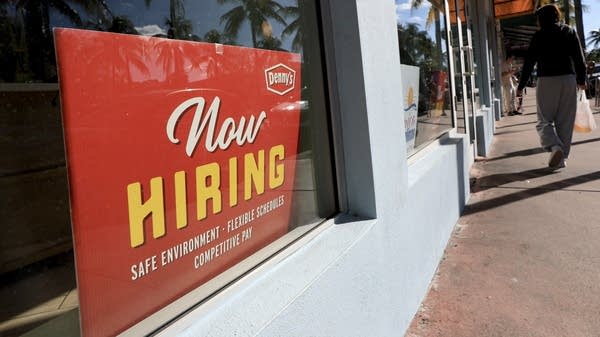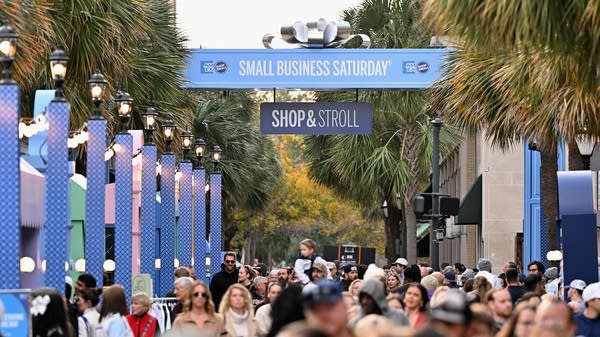How a fire and tariffs nearly derailed a ballet shoe business
A Pennsylvania pointe shoe company lost everything in a warehouse fire. U.S. trade policy is making starting over even harder.

Running any kind of small business is tough. Running one in a niche industry like ballet can be even tougher. So, when a fire wiped out a Pennsylvania ballet shoe company’s entire inventory, it was a serious hit. But the real challenge came after the flames were out, and new tariffs were in.
One early February morning, Irene Wilson got a harried call from one of her employees at the Virtisse warehouse outside of Philadelphia. The warehouse stored thousands of ballet shoes and smoke was curling out of the building. “I jumped into the car. It took me about 10 minutes, maybe 12, to get to the building, and it was just shocking. Already, there were like three fire companies there,” she recalled.
Wilson is a managing partner at Virtisse and had owned the building for nearly 20 years. By the time she arrived, the smoke was billowing. “I've never been through a fire,” Wilson said.
Virtisse is a small, woman-owned company with just six U.S. employees. For four years, it’s been maufacturing and importing pointe shoes — you know, the kind that help ballet dancers float, spin, and leap like gravity is just a suggestion.
The cause of the fire is still unknown, but the damage? Enormous. “We lost our whole business. Everything got wiped out,” said Wilson, who’s still grappling with the loss.
25,000 pairs of pointe shoes, up in smoke. That’s more than $3 million in retail inventory, said Wilson. Most small businesses might not regain their footing after that loss, but Virtisse moved fast. They filed an insurance claim, found a new building, and tried to get shipments going again. Then came a second hit.
“Now we have to rebuild that inventory at approximately a 50% higher cost to us, because of these tariffs,” Wilson explained. Each Virtisse shoe is handmade and imported from China or Russia.
Tariffs are part of the choreography for any international business. But Virtisse wasn’t prepared for the double whammy of a warehouse fire and tariff hikes of up to 145%. “We were non-functioning for a good two months, which was really, you know, very stressful because we knew we were letting down a lot of people, a lot of dancers,” Wilson said.
Virtisse shoes are still being made overseas, and a 90-day pause on those extra-high tariffs gives them a bit of breathing room. But even so, the company’s working with thinner margins.
Meanwhile, dance shops have been patiently waiting for shipments to come in, while Virtisse navigates the tariff. “We have like, 50 customer orders waiting right now,” said Damon Spencer.
Spencer runs Tutu, a boutique in Bridgeville, Pennsylvania, that sells Virtisse shoes. When shipments stopped, he improvised by swapping products with other shops and suggesting alternatives to customers. But pointe shoes aren’t just pretty — they’re engineered, part science, part artistry. The wrong fit can throw off technique or cause injury. “It’s like go ahead and tell a dancer ‘Oh, we're going to change your shoe — that doesn't go well. If a dancer loves ‘Virtisse Enigma,’ that dancer is in a Virtisse Enigma and you can’t change ‘em,” said Spencer.
These days, it’s a balancing act: higher prices for dancers, less profit for sellers. To understand what Virtisse’s story says about the broader economy, I called Susan Aaronson, a trade expert at George Washington University and a lifelong dancer. “I have four pairs of ballet slippers and one pair of the jazz shoes.”
She’s not stockpiling new shoes yet, but Aaronson said the stakes are high for consumers and businesses. And there’s been a lot of tariff whiplash. “Civilization and commerce depend on predictability. Small businesses and large businesses have to be able to plan,” she said.
At Virtisse, co-owner Irene Wilson and her team are trying to find their rhythm. The 90-day pause on those 145% tariffs buys them some time to get the business and dancers back on their feet. But after that, is a big unknown.













